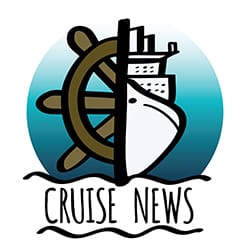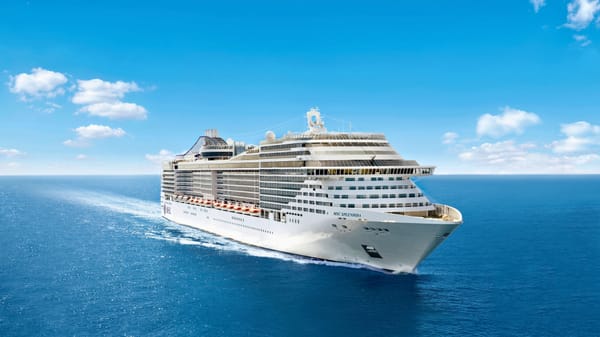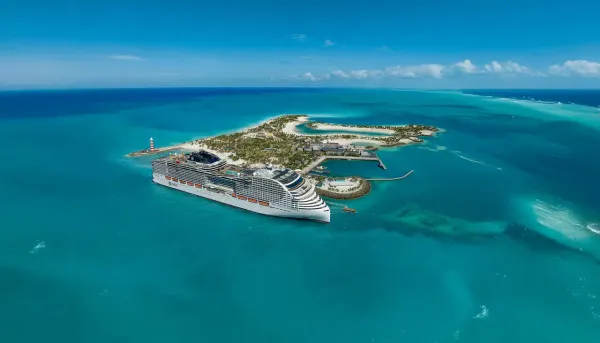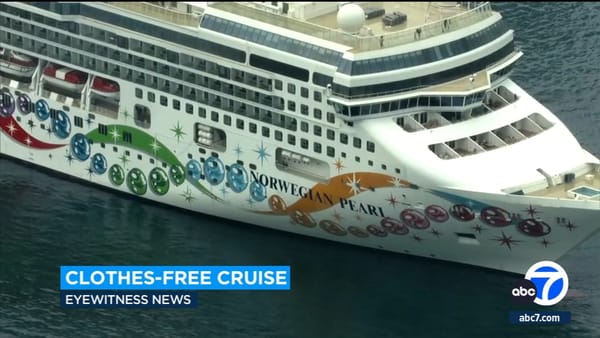Hamburg Mandates Shore Power for Cruise Ships by 2027
With all cruise terminals ready by 2026, Hamburg’s early shore power mandate aims to cut port emissions and influence sustainable practices across Europe’s shipping industry.
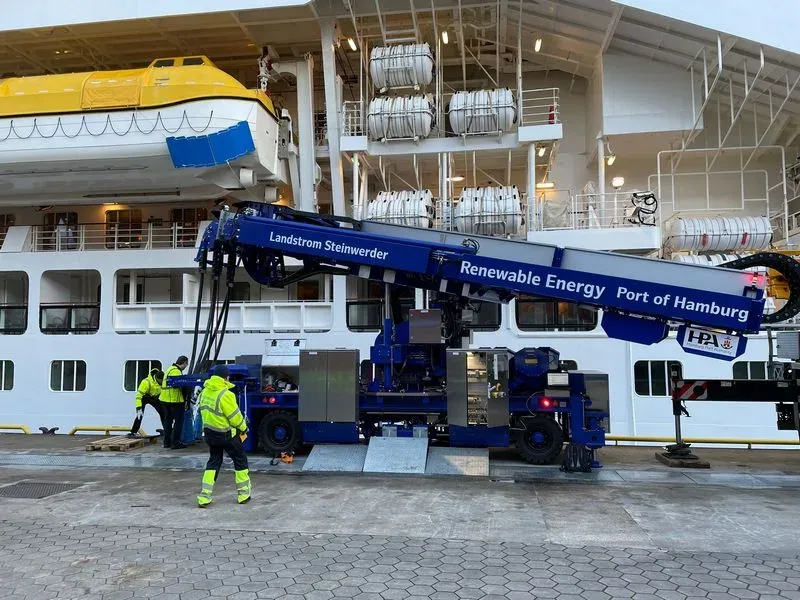
Hamburg is set to become a leader in sustainable maritime operations as it plans to mandate shore power usage for all capable cruise ships docking at its terminals by 2027. This move places Hamburg three years ahead of the European Union’s Alternative Fuels Infrastructure Regulation (AFIR), which will require major maritime ports to provide shore-side electricity by 2030. Shore power allows ships to connect to an electricity grid instead of running their diesel engines while docked, significantly reducing emissions and improving air quality in port cities.
Advancing Decarbonization: Hamburg's Infrastructure and Timeline
Hamburg’s commitment to shore power is evidenced by its advanced infrastructure. Shore power connections are already operational at the Altona and Steinwerder cruise terminals, and the HafenCity Cruise Terminal is scheduled for installation and trial operations in 2024. By 2026, all three terminals will be equipped with shore power facilities, ensuring the city is prepared for the 2027 mandate.
The regulation requires all shore power-capable cruise ships calling at Hamburg to use the service. Currently, approximately two-thirds of eligible ships docking at the port are already utilizing shore-side electricity. This figure is expected to grow as cruise operators retrofit existing vessels and integrate shore power systems into new builds to meet the requirements.
Industry Collaboration for Seamless Transition
The Hamburg Port Authority (HPA) has partnered with several major cruise operators, including AIDA Cruises, MSC Cruises, TUI Cruises, Phoenix Reisen, Norwegian Cruise Line, and Fred. Olsen Cruise Lines. These agreements are designed to facilitate smooth adoption and ensure ships are equipped with the necessary certifications and onboard systems for compatibility with shore power infrastructure. New vessels are increasingly being designed with these capabilities as standard features, while retrofit programs for older ships are advancing.
Jens Meier, Head of the Hamburg Port Authority, emphasized the city’s leading role in sustainable maritime practices: “We have been a European pioneer in delivering shore power for cruise vessels.”
Balancing Costs and Environmental Benefits
This transition to mandatory shore power usage does come with operational costs for cruise lines, such as retrofitting ships and additional electricity expenses. However, these costs are seen as necessary to align with broader maritime decarbonization efforts and to maintain public acceptance of cruise activity in port cities. Hamburg’s Minister for Economic Affairs, Melanie Leonhard, highlighted the dual focus of the mandate: “This regulation supports broader acceptance of cruise operations in the city while addressing public concerns over port emissions.”
Ships that fail to comply with the mandate face potential sanctions, including compensation payments. By bolstering its shore power infrastructure and implementing clear rules, Hamburg aims to provide consistency for cruise operators while addressing environmental and community concerns.
Spearheading a European Movement
Hamburg’s proactive shore power policy is expected to set an example for other European ports. The 2027 implementation timeline, which places the city three years ahead of the EU’s deadline, underscores Hamburg’s commitment to sustainable shipping. Maritime experts predict that wider shore power adoption will contribute significantly to the decarbonization of the global shipping industry and improve air quality in densely populated port cities.
The port also serves as an essential cruising hub in Northern Europe, functioning as a homeport and port of call for numerous renowned cruise brands, including Cunard, Costa, Hapag-Lloyd, Royal Caribbean, P&O, Regent, and Silversea.
Frequently Asked Questions (FAQs)
What is shore power, and why is it important?
Shore power is a technology that enables ships to connect to an onshore electricity grid when docked. This allows vessels to turn off their engines, significantly reducing emissions and improving air quality in port cities.
When will Hamburg’s shore power mandate take effect?
The requirement for all shore power-capable cruise ships to plug into the grid in Hamburg will begin in 2027, three years ahead of the EU’s 2030 deadline.
Which cruise terminals in Hamburg have shore power?
The Altona and Steinwerder terminals are already equipped with shore power facilities. The HafenCity terminal will follow in 2024, with full readiness across all terminals expected by 2026.
Which cruise lines are participating in Hamburg’s shore power initiative?
Cruise lines working with the Hamburg Port Authority on shore power adoption include AIDA Cruises, MSC Cruises, TUI Cruises, Phoenix Reisen, Norwegian Cruise Line, and Fred. Olsen Cruise Lines.
What are the penalties for ships that fail to comply?
Cruise ships capable of using shore power but failing to connect may face sanctions, including compensation payments, as part of Hamburg’s enforcement strategy under the 2027 mandate.
